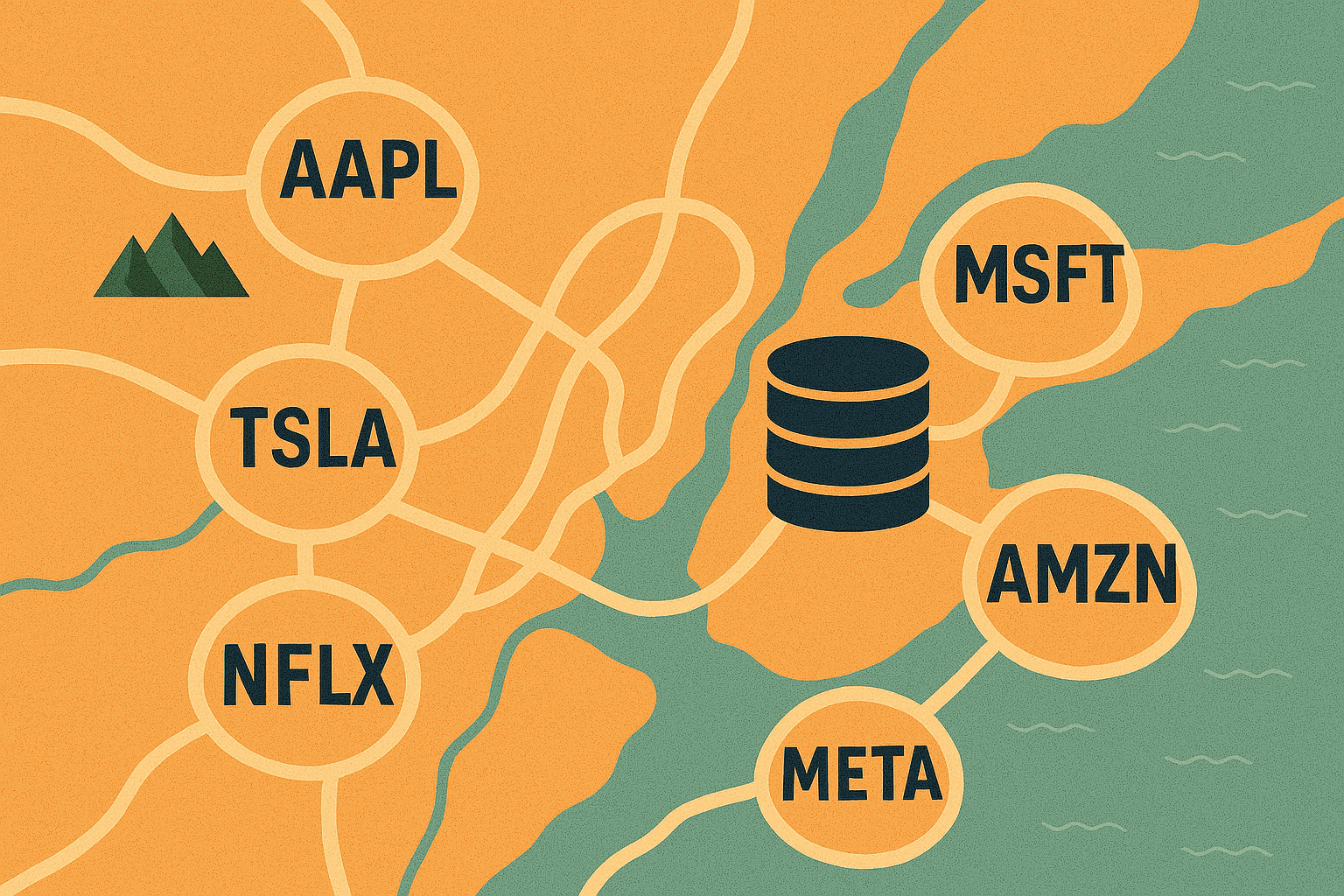In the first article in our alternative data series, we discussed how private equity firms are behind public equity firms when it comes to the adoption of alternative data, and we proposed some practical steps for private equity funds looking to build a strategy for working with alternative data. This article can be found here.
In this article we explore the topic of sourcing in private markets, discussing some of the challenges and suggesting some practical solutions.
Alternative Data Challenges for Private Equity Funds
Data Availability – A major challenge for PE funds when sourcing alternative data is that there are simply fewer datasets available that apply to private markets when compared to public markets. This is particularly the case when you look outside of developed markets. The trend is improving as the private equity appetite for alternative data increases, but the opportunity set is certainly smaller.
Contracting Challenges – Many private equity funds bemoan the lack of flexibility from data vendors when it comes to licensing a dataset. Data vendors are used to signing annual licenses with the buyside, but this model doesn’t always work for private market investors. Private equity funds often work on a project-by-project basis. This means they will have an acute need for a dataset for a short period of time, but an annual license is not required. Also, private equity funds will often only require a small subset of a dataset whereas vendors will always prefer to sell the entire dataset.
Data Cleanliness – Data cleaning is often cited as a major challenge for anyone working with data, and alternative data for private equity is no exception. In fact, it is arguably a greater challenge for private equity funds than for funds that work with data for public equity investing. A common complaint we hear is that private equity data is patchy or incomplete with up to 90% of data scientists’ time spent cleaning data.
One common scenario we see is a data vendor collects private company data, but they have not gone through the process of linking the data to private company identifiers. The data is in its raw unstructured format and requires significant work to extract value from it.
Data Evaluation – Once you have found the required data and cleaned it to a level to make it useable, the next step is to evaluate the efficacy of the data.
A shortage of ground truth data is a frustration often voiced by alternative data practitioners. Ground truth data is essential to validate the accuracy of a dataset. In public markets, company filings are the most common source of ground truth data as they contain a wealth of both financial and non-financial data. This public data can be used to test if a dataset is a reliable source of information. In private markets, there is a dearth of comparable ground truth data.
Some Practical Solutions
With all the challenges you may be forgiven for thinking that alternative data for private markets is a lost cause! However, fear not, as there are several practical solutions to these challenges.
Some innovative private equity funds are working closely with data vendors to educate them on the needs of private market investors and to help them tweak their product offering accordingly, for example, by expanding their coverage. In some instances, this could even be on a bespoke project basis whereby the final product becomes the sole property of the private equity fund and therefore a powerful differentiator for the fund.
In addition, data vendors are increasingly seeing the opportunity the private equity market presents. Vendors are becoming more flexible and more responsive to the differentiated needs of these buyers. This is increasing the availability of data and reducing the amount of cleaning required, especially when it comes to entity tagging. As they engage more with private equity funds, they are also gaining a better understanding of their business models and are adjusting their contracting terms accordingly.
A common approach to overcoming the shortage in ground truth data when evaluating a dataset is to cross-validate an alternative dataset using another alternative dataset. For example, trialling multiple sources of transaction data at one time. It’s also useful to use internal data from portfolio companies as ground truth—such as using a verifiable headcount number when evaluating a provider of employee data.
There has also been an explosion in providers who can support funds with data cleaning and evaluation, completing these tasks more quickly and affordably than a firm building an internal team.
Organizations, like ours, are supporting the growth of alternative data for private equity funds. We commit significant resources to educate data vendors on the unique needs of private equity buyers through thought leadership and advisory services. We also work closely with private equity funds to understand their process and their needs and help them identify the right dataset for them. This will take into consideration their budget as well as the resources at their disposal for working with data.
Why Bother!?
This article and our previous article have highlighted some of the challenges with building a data strategy and sourcing alternative data, and they may leave you wondering if it is worth the hassle! Over the course of the next two articles, we will demonstrate why private equity is the fastest growing alternative data market by exploring some of the many applications of the data for deal origination, company due diligence, and post-acquisition value creation. Stay tuned!
[If you would like to learn more about any of the data sources mentioned or how Eagle Alpha is helping clients in the current environment then please contact us at inquiries@eaglealpha.com]





